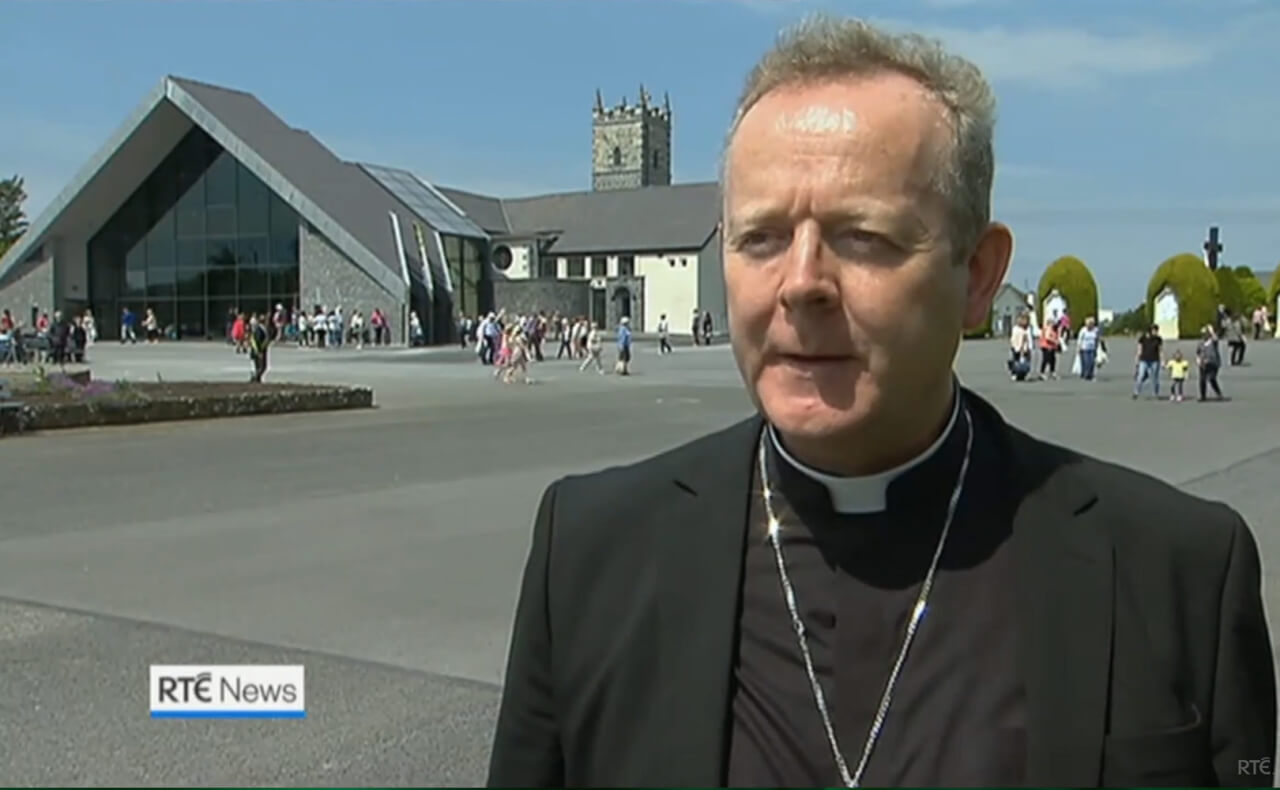The Catholic world is still reeling from Ireland’s precipitous fall into darkness. First, there was the gay “marriage” vote in 2015. Then, there was the election of Ireland’s first homosexual prime minister, Leo Varadkar, in 2017. This month came the overwhelming referendum vote to remove protection of the unborn from the Irish Constitution, at a ratio of 66.4% in favor to 33.6% against. As Catholic Action League of Massachusetts Executive Director C.J. Doyle so aptly put it, “After 16 centuries, and more than 60 generations, of Catholic Faith, Christian culture, and civilized morals, the Irish people have repudiated their religion, betrayed their heritage, scorned their ancestors, and abandoned their historic identity, only to descend into barbarism.”
One of the questions being raised in the aftermath of the vote is: where were Ireland’s bishops? Where was Pope Francis? Why were they not leading a campaign against this vote as loudly as they could? (One pro-life leader I spoke with in Ireland told me that the scandals that have plagued the Irish Church led some bishops to believe that their involvement would actually damage the cause.)
Whatever the case, in the wake of this terrifying referendum that saw people dancing in the streets at the news they were one step closer to the legalized killing of unborn children, some of the bishops have spoken out. Archbishop Eamon Martin, the Primate of All Ireland and leader of the Irish Catholic Church, said during his homily on Sunday that
Like many others who advocated a NO vote in the referendum, I am deeply saddened that we appear to have obliterated the right to life of all unborn children from our constitution and that this country is now on the brink of legislating for a liberal abortion regime.
I am very concerned about the implications for society of interfering with the fundamental principle that the value of all human life is equal and that all human beings, born and unborn, have inherent worth and dignity. At a time when scientific and medical evidence is clearer than ever about the beginning of life, we have effectively decided that some human lives – in this case the lives of the unborn – are less significant and deserving of protection than others.
We have elevated the right to personal choice above the fundamental right to life itself.
But Martin also made some very confusing comments in an interview with RTÉ news. 1P5 has excerpted the Archbishop’s comments from the full 25 minute news report in which they appear:
That’s correct – you just heard the leader of Ireland’s Catholic Church say that he hopes those who had advocated a “no” vote on the repeal of protection for the unborn in the Irish Constitution would “now work very actively to try to ensure that the legislation that is passed … allows for abortion which is rare, which is safe, and which is legal.”
I reached out to the Archbishop’s media team to ask for clarification on this statement. In a lengthy reply, Martin Long, the Director of the Communications Office of the Irish Episcopal Conference told me that “Archbishop Eamon Martin’s words were heavily edited in the broadcast by RTÉ and these were taken out of the context for that very short prerecorded clip.”
“The Archbishop,” Long said, “continues to call on all people to reject abortion and to choose life … the clip as shown does not reflect his position as he has consistently spoken out against abortion.” Long referred me to the Archbishop’s Twitter account, which contains a number of pro-life messages in reference to the Irish vote.
But the language Archbishop Martin used was still bothering me, so I pressed the question. I wanted to know in what context the “safe, legal, and rare” terminology that has been part and parcel of the pro-abortion movement for so many years could make sense coming from the mouth of a Catholic prelate.
“The Archbishop asked me to tell you,” responded Long, “he agrees fully with the Church’s teaching on abortion and that he should not have used the quotation which you cite which came from the Irish Prime Minister Leo Varadkar.”
It’s still unclear to me what the Archbishop was thinking, or how he believed the use of that phrase could ever be construed as anything but problematic. But I’ll take him at his word that it was a mistake, and I’m grateful for the clarification.
Nevertheless, the criticism of Ireland’s Catholic bishops for their perceived absence in this fight doesn’t appear likely to go away any time soon.


